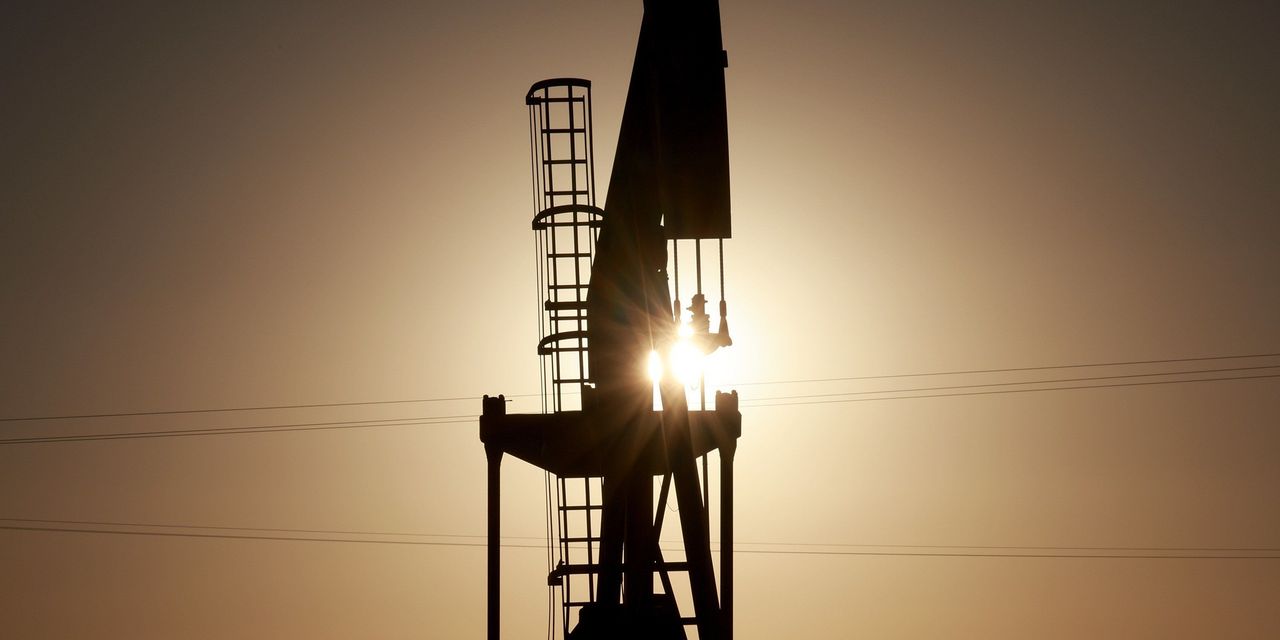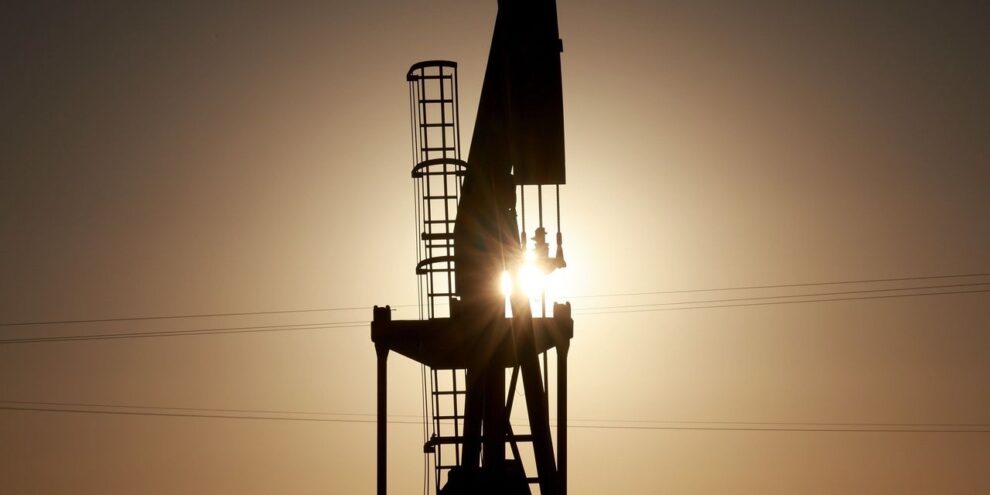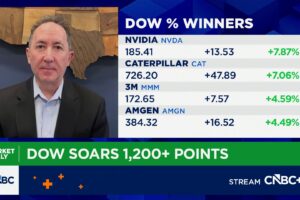
The notion of a strategic petroleum reserve (SPR) rose in popularity after the 1973-1974 oil embargo. OPEC has been opposed to the U.S. having such a strategic reserve because it does not want a reserve issued as a vehicle to manage global oil prices. Well, here it is.
President Biden is eager to show that he can be responsive to economic needs. Oil and gasoline prices are high, and oil sales from the SPR might help to drive them down. But what if more than one drawdown is needed? What if high prices linger? What then?
The U.S. does have the ability to produce more oil without tapping the SPR. We were an oil exporter when Biden took office. Why draw down the SPR when doing so will leave the country’s emergency stock lower for no reason?
There are better ways to deal with the oil shortfall in the U.S. We have the capacity to drill and produce more oil. We can enable more fracking. For many firms, fracking becomes profitable at $30 a barrel. But the president is opposed to oil, as his supporters endorse “green” policies. They are anti-carbon.
And even with oil prices surging, the president is afraid to lose support by giving the oil industry the renewed ability to expand to meet demand and lower prices. But the industry needs guarantees that if it steps up production, it will be allowed to continue because restarting drilling and fracking has large upfront costs. The president sees the SPR as a band aid with less fallout. As is often the case, the scenery changes depending on where you stand.
We are at a strange crossroads when the clear path to alleviating our stress is eschewed for a path that is inferior because economic needs play a back seat to politics.
Risky policy
Biden has had a number of policy setbacks. His approval rating is extremely low. He needs a win. He thinks this is it. I do not.
I, first of all, warn that when there is a flow shortfall and policy tries to close that gap by running down a stock, that is playing a dangerous game. No one knows how long oil prices will stay high. That makes this drawdown policy even riskier.
Since there is a limit to how much the SPR can be drawn without raising more criticism, the president should consider if he wants to be in a position to have to stop tapping the SPR with oil’s price pressure present or mounting, thereby being seen as adding to those pressures. That could happen.
Venezuela, Iran
The president’s other forays to try to bring oil to market have been even more controversial. They include trying to make up with Venezuela and trying to seal Iran’s nuclear deal on their terms to get Iranian oil back on world markets. Those are even worse ideas.
Compromising policy with our adversaries to get their oil on the market while blocking our own firms from selling oil when prices are high does not seem like much of a way to support U.S. business. Nor does it strike me as doing any good for the climate. Pumping and burning Iranian or Venezuelan oil should have the same climate effect as oil lifted from the ground in the U.S.
The Iran-Venezuela gambit simply points to how little this is about climate change and how much it is about politics. If a political deal releases oil abroad, the president may be able to distance himself from it. But if he approves more U.S.-based production, he owns the policy and the fallout if there is any.
Avoiding the truth
We live in age of illogic. An age in which “we know better” but do less well than we should because of politics. Climate-change policy is one example. Federal Reserve policy is another. The central bank saw inflation rising last year and refused to taper its bond purchases faster, giving it an excuse to drag its feet on hiking interest rates at a time that several policy members sought reappointments. Now inflation is running at more than 7%, and official interest rates are higher by a measly 0.25%. Some effort.
Similarly, the Centers for Disease Control and Prevention’s handling of the pandemic is coming under scrutiny, and its past iron-clad control of the flow of information is finally getting the critical review it long ago deserved. Terrible things are being done in the name of “science.”
I don’t know how many more political-driven decisions we are going to see. But I urge everyone to seek truth. Do not support a policy advocate because he or she is a member of your favored political party. Think! The time is long past to play politics with science and economics. When will we ever learn?
Robert Brusca is chief economist of FAO Economics. He worked at the Federal Reserve Bank of New York from 1977 to 1982, including a stint as chief of the International Financial Markets Division.









